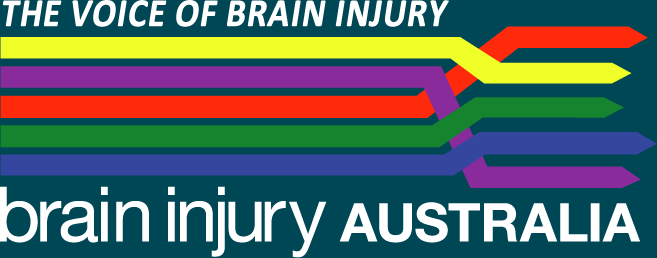What is Mild TBI/concussion?
What is mild TBI?
A concussion is a traumatic brain injury but not an immediately life threatening one.
There is no severe brain swelling that requires intensive care unit management and no bleeding that requires brain surgery.
But a concussion is definitely a traumatic injury to the brain. Some people use the term mild traumatic brain injury" to describe concussion, but "mild" means - soft" or "gentle," like mild soap or a mild-mannered person.
There is, nothing "mild" about the experience for many people.
A traumatic brain injury occurs when a sudden force is applied to the brain from outside.
Examples include something hitting the head (like an another person, a cricket ball, or a falling rock), the head hitting something (like the ground, a wall, or a car windshield), or the head rotating quickly (as in many motor vehicle accidents).
But not every force causes a mild TBI. In fact, most do not. The scalp, skull. and dura do a pretty good job protecting our brains from most of what happens to us on a daily basis.
The force injures the brain
A traumatic brain injury means that the force applied to the brain caused a disruption in the brain's structure, an impairment of the brain's function, or both.
Examples of disruption of the brain's structure include bleeding, bruising, and swelling-which can be seen on CT scans an d MRI scans
But more commonly concussion may involve tearing of axons-which usually cannot be seen on CT scans and MRI scans. This s important. The fact that a CT scan or an MRI scan is negative does not mean that there has not been a concussion.
Traumatic brain injury, especially concussion. is a clinical diagnosis, not based on any lab test or scan. Impairments in brain function caused by force applied to the brain sufficient to cause concussion usually involve loss of consciousness, amnesia, disorientation, or problems with balance and coordination.
Other impairments in brain function can include changes in vision - seeing things in a distorted fashion, "seeing stars"- confusion, inappropriate behavior (running the wrong way on the football field) or changes in emotions.
The symptoms may evolve over the hours or days following the injury.
While all concussions should be assessed by a doctor, most will resolve without the need for specific treatment. Rest, followed by gradual return to activity is the main treatment.
All concussion is serious.
Based on Concussion Care Manual, David Brody, Oxford University Press
Examples of physical causes - that can cause concussion
Mild TBI can be caused from minor physical forces; nonetheless here are examples of what can typically cause and not cause a milt TBI
Motor vehicle accidents
Motor vehicle accidents that produce damage to the vehicles involved.
Falls
Falls from more than standing height, such as down a flight of stairs, off a ladder, or out of a tree.
Falls from standing height or less where the person is not able to catch themselves.
Contact sports
Contact sports such as football, rugby, hockey, boxing.
Assault
Assault, such as being struck in th head with a blunt object, punched, kicked or head-butted.
Shaking babies & young children
Hard shaking of babies and young children
Direct blast exposure
Direct blas exposure
Examples of physical causes - that typically don't cause concussion
Examples of causes that typically don't cause mild TBI:
- Bumping the head against something during normal activities.
- Relatively trivial motor vehicle crashes that do not damage the vehicle or set off any of the safety devices (though these can still sometimes cause whiplash injuries to the neck).
- Falls that do not involve directly striking the head.
- Falls from standing height or less where the person is able to catch himself.
- Shaking, unless the shaking is especially violent or also results in impact.
